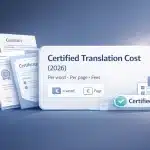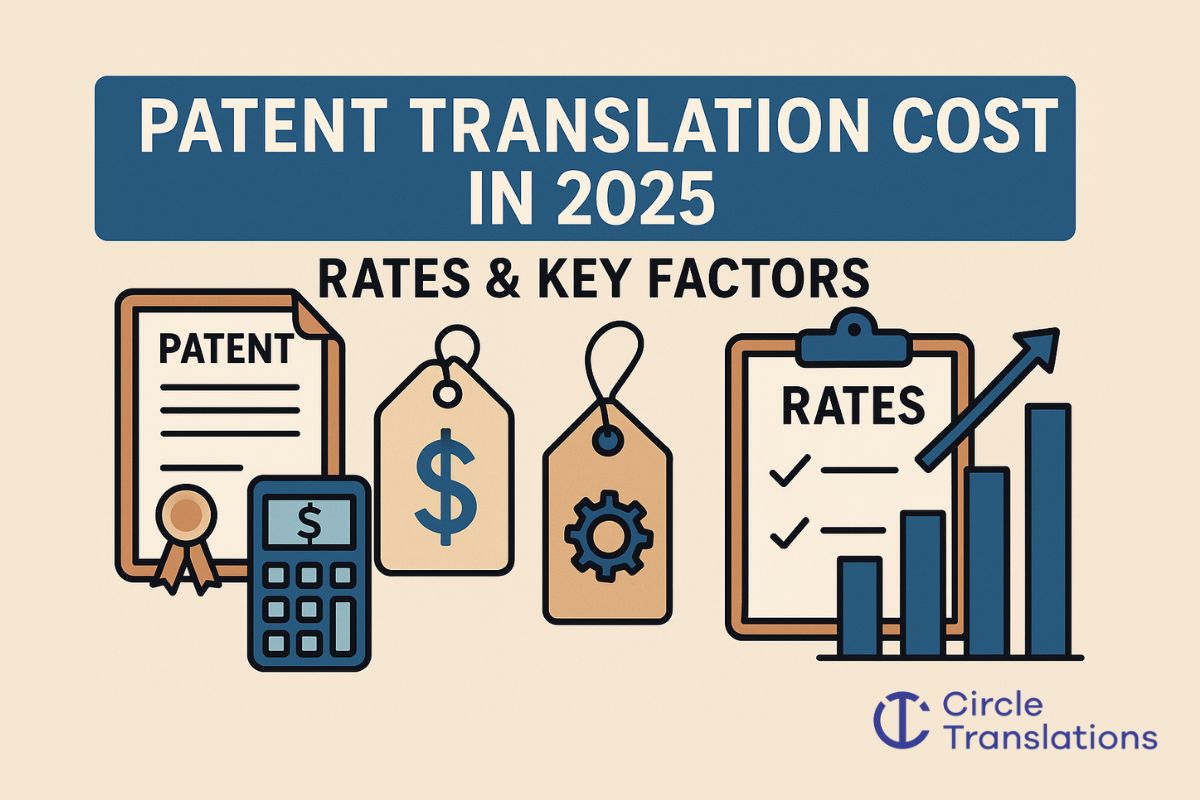Today’s digital world relies heavily on video content, and audiovisual translation is a great way to reach an international audience. According to Cisco, 82% of consumer traffic will be made up of online videos in 2022—fifteen times more than in 2017! Visual material on the Internet can reel in a global audience for your brand, and translations can help you take advantage of it.
Take another example from Netflix, one of the world’s most comprehensive streaming platforms. In the first quarter of 2021, the site has amassed about 207.64 million paid subscribers. The market for audiovisual subtitling and dubbing is increasingly growing as many other platforms aim to bring video products to people worldwide.
Subtitles

Professional and Accurate Subtitle Services for your Videos.
- Video subtitles specifically tailor-made for improving accessibility.
- Using highly experienced subtitlers with years of industry experience.
- Professionally written and expertly timed.
Translation

We help the world’s top companies translate their content in over 73 languages!
- We localize content for internet websites, games, travel, cryptocurrencies, and more
- Expand your global audience by adding different languages.
- We work only with qualified translators and experienced content creators
Audio translation

Ensuring full accessibility for Blind and visual impaired audiences.
- Visual descriptive events as they occur in the video.
- Working with top audio describers to perfectly describe what is happening on-screen
- Professional sound recording.















